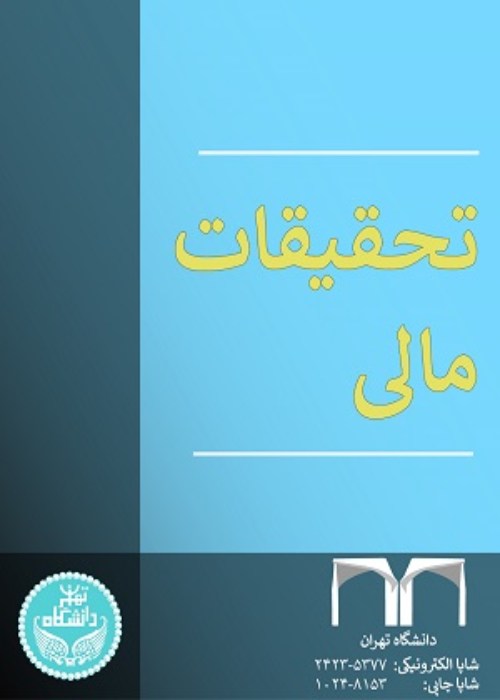Legal Aspects of the Banking Regulatory and liberalization Paradigm upon Becoming a Member of the World Trade Organization
Today, there is widespread acceptance and emphasis on the role, function, and importance of regulation across all economic sectors, as encapsulated by theories of "regulation" and "regulatory governance." Within various economic sectors, banking regulation has been identified as particularly critical due to its inherent fragility. In addition, pursuing liberalization of financial and banking services, by deregulation and eliminating the current contradictory regulations, is found to be vital. The establishment of the World Trade Organization (WTO), as an entity for the expansion of free trade, including financial and banking services, is based on the same fundamentals. In this study, we seek to determine whether Iran's existing banking regulations could potentially hinder its accession to the WTO. Our investigation also tries to ascertain whether the WTO's legal framework mandates the adoption of specific levels of banking regulation. Ultimately, taking a broader perspective, we aim to describe and analyze the compatibility between these two seemingly contradictory concepts—regulation and liberalization.
In this article, which constitutes a qualitative legal study, we employed an analytical-descriptive approach as our research methodology. While the predominant approach in the first two parts is the descriptive method, the third part has a complete analytical approach. From a goal-oriented viewpoint, while our first two parts can be described as implied research, the last part has a fundamental approach.
The research outcomes reveal that Iran's current banking regulatory framework does not pose a barrier to its potential membership in the international organization. Specifically, while regulations more stringent than those established by the Basel Committee may hinder accession, the absence of such strict measures or non-compliance with Basel standards is not viewed as a hindrance. Additionally, it's noteworthy that the organization's legal framework does not mandate the adoption of any specific level of regulation, providing flexibility in this regard. The research findings also indicate that regulation can follow different types of objectives (including pursuing domestic goals, maintaining domestic and international financial stability, and liberalizing financial services trade) hence there is no conceptual contradiction between these two mentioned notions.
Our analysis uncovered no conflicts between the concepts of regulation and liberalization, either in terms of their conceptual compatibility or within the legal framework of the World Trade Organization. The lack of exact compliance between Iran’s banking regulations and the standards of the Basel Committee, will not act as an obstacle to the country’s accession to the World Trade Organization
- حق عضویت دریافتی صرف حمایت از نشریات عضو و نگهداری، تکمیل و توسعه مگیران میشود.
- پرداخت حق اشتراک و دانلود مقالات اجازه بازنشر آن در سایر رسانههای چاپی و دیجیتال را به کاربر نمیدهد.


